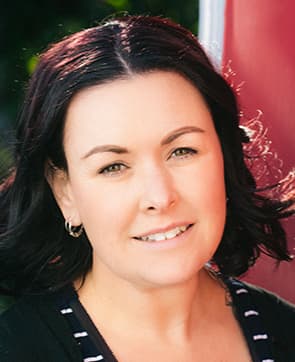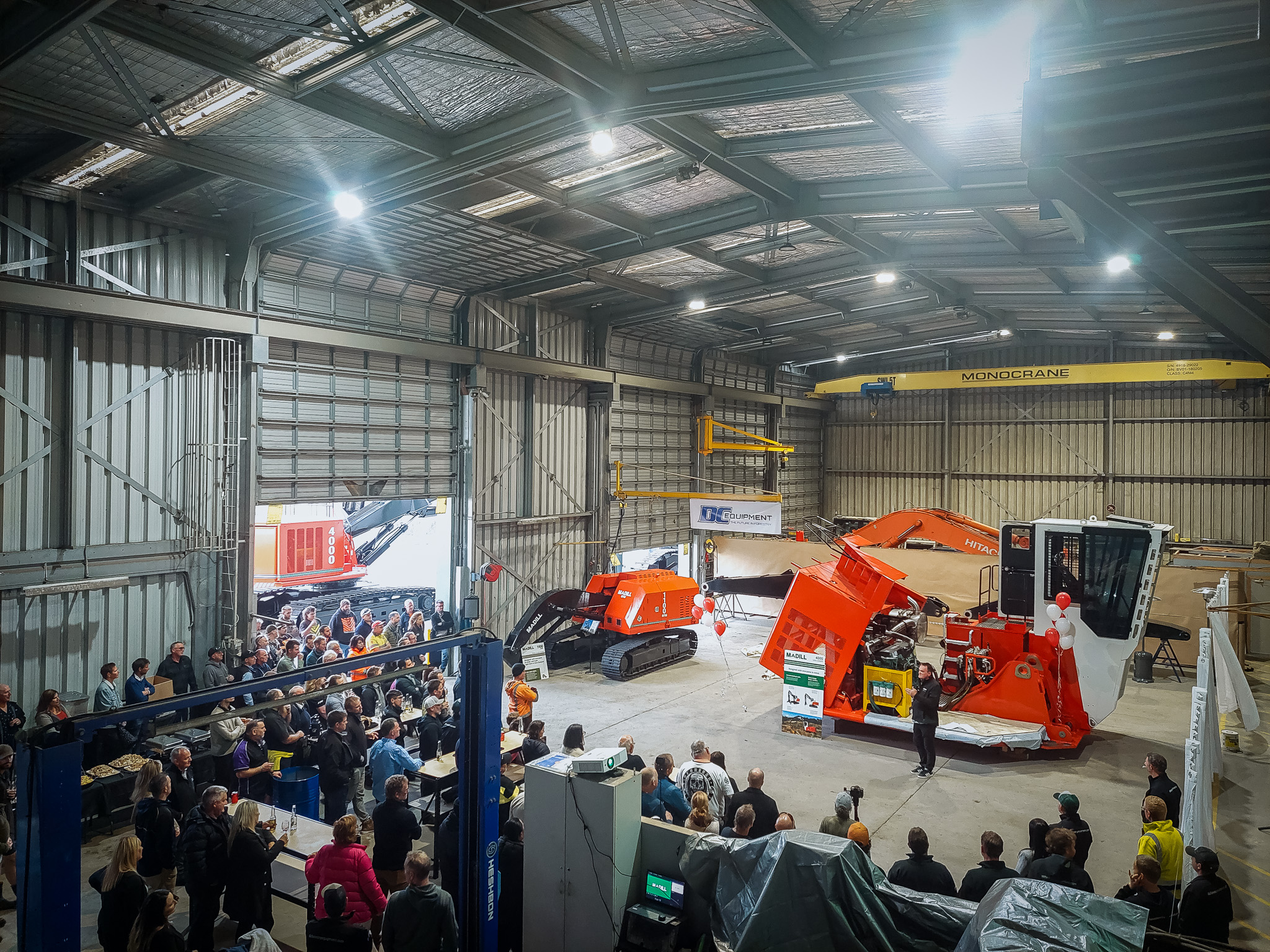Groundbreaking forestry innovation in Brightwater


New innovations in forestry have been celebrated at DC Equipment. Photo: Supplied.
A first-of-its-kind forestry innovation has been celebrated at a Brightwater manufacturing site.
DC Equipment founder and owner, Dale Ewers, gathered with partners, supporters, customers, suppliers, and local dignitaries last month to celebrate the first two Madill 4000 Log Loaders off the line, manufactured from the ground up in Brightwater.
The event also doubled as a surprise reveal of a new prototype currently in development at the Brightwater site that will see a brand-new remote felling machine – a first-of-its-kind for the industry.
The Madill RFM 1100 remote felling machine will completely remove the operator from a machine and will then be operated from the safety of the skid site above or below.
Dale says the equipment that they are producing locally is changing the industry worldwide, making forestry a safer place to work.
Acquiring the Madill brand, alongside two other brands just 11 months ago, Dale says the innovation that continues to come out of the base in Brightwater is “industry changing”.
“With these innovations, it means you’re not in the machine, you’re away from harm.
“This has not been done anywhere else before in forestry,” he says.
In 2019, Statistics NZ released data showing that agriculture, forestry and fishing industry had the highest rate of work-related injury claims in 2018 and those working in the industry were almost twice as likely to be injured than the total rate of all industries.
In 2017 there were six Worksafe confirmed fatalities in the forestry industry.
As safety improves, the death rate for the industry has fallen, with Worksafe reporting one death in 2023 and one so far in 2024, both of which involved someone being struck by a falling tree, the exact thing that DC Equipment’s machinery is attempting to avoid.
Dale says health and safety has always been the number one reason for their innovations, recalling all too well the fear he would feel when receiving an unexpected call from one of his crew managers.
“It’s the fear that someone has been hurt when that phone call comes in, but I don’t feel that anymore.”
Now, with a record zero incident rate over 1.5 million man-hours in their machines, the health and safety focus can now shift to incorporate the environmental impacts of the industry.
“We have built this equipment to save our people from injury and we’ve reduced the number of incidents, which include injuries and near-misses, by 85 per cent over 10 years.
“Now we are bringing in environmental and believe we can cut 50 per cent of emissions.”
He says the remote felling carriage doesn’t even have a footprint on the ground – it is suspended in the air so it’s only the impact of the tree hitting the ground that impacts soil.
When mainly excavators were used to cut trees down, each weighing around 40 tonne, they were required to move up and down the hillside day-in and day-out, compressing and disturbing the ground underneath them as they moved.
Dale says the new RFM machine weighs just 10 tonnes and doesn’t require an operator to be present on the hillside, so is a game-changing piece of equipment.
Dale is proud that, aside from the odd imported component everything is manufactured locally, creating around 150 jobs, but also celebrates the opening of a new manufacturing premises in Prince George, British Columbia last week.
The new location, which the Madill brand has had a previous presence in, will help support the increasing demand from the North American market.
As for the two new Madill 400 Log Loaders, one is enroute to its new home in Canada and the other to a North Island-based crew here in New Zealand.
